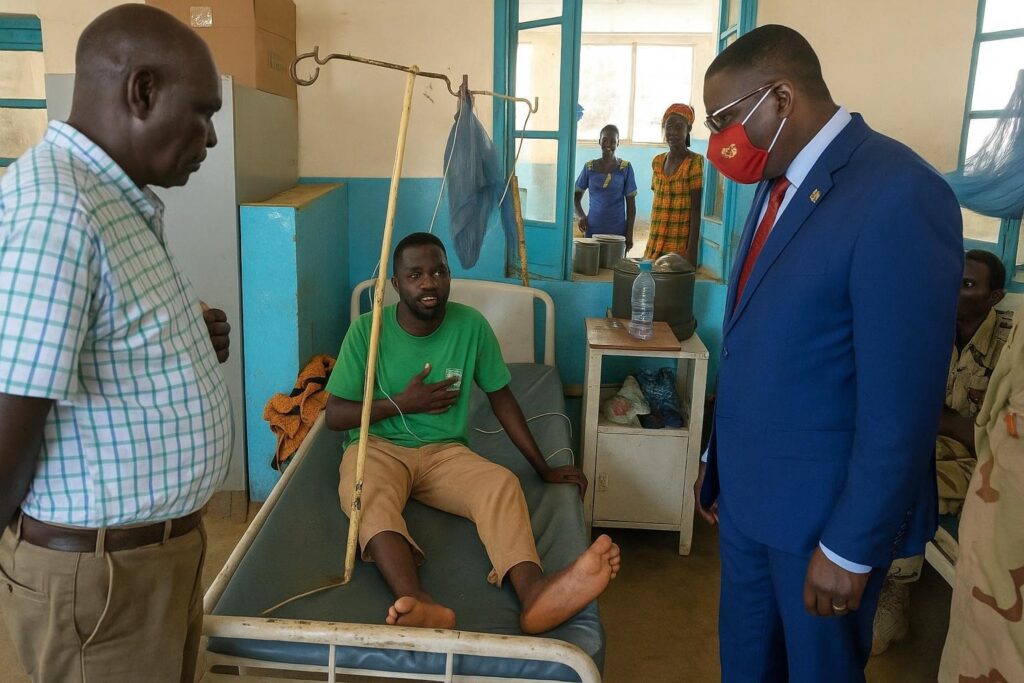Alarming Numbers at Aweil Hospital
Doctors at Aweil Civil Hospital report 68 Hepatitis E patients since 2023, with 13 fatalities, including three women and children last week. The steep climb, highlighted by focal officer Luka Lual Aleu Jok, has put the northern Bahr el Ghazal town on epidemiological alert.
How the Virus Travels
Hepatitis E transmits mainly through water or food laced with human waste, but under-cooked meat and transfused blood can also seed infection. Crowded settlements that lack piped water in Northern Bahr el Ghazal create fertile ground for the virus to move quietly from household to household.
Hospital Teams Race Against Time
Aweil hospital admits critical cases while outreach nurses tour villages with simplified leaflets on hygiene. “We must reach people before symptoms appear,” Jok said, noting that early treatment improves survival. Médecins Sans Frontières specialists monitor severe patients, especially expectant mothers who face higher risks of liver failure.
Misperceptions in the Community
Many villagers attribute jaundice to sorcery or diet, delaying trips to clinics. John Deng Garang, whose sister-in-law is hospitalized, recalled local whispers of curses until laboratory tests confirmed the virus. Such beliefs, health educators argue, hamper reporting and allow silent carriers to maintain community transmission.
Next Steps for Containment
State authorities plan chlorination of boreholes and mobile testing days, but funding gaps persist. Public health officers appeal for civic groups to champion hand-washing stations and safe meat handling. Without swift, coordinated action, clinicians fear the current uptick could escalate into Northern Bahr el Ghazal’s largest Hepatitis E outbreak.


